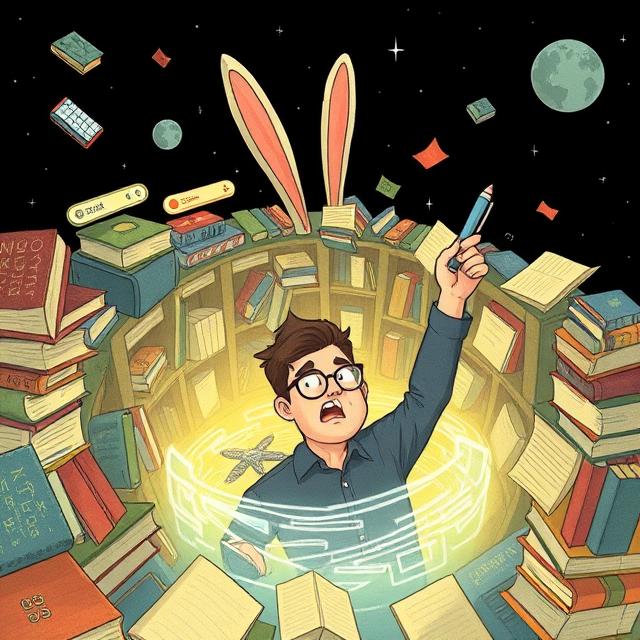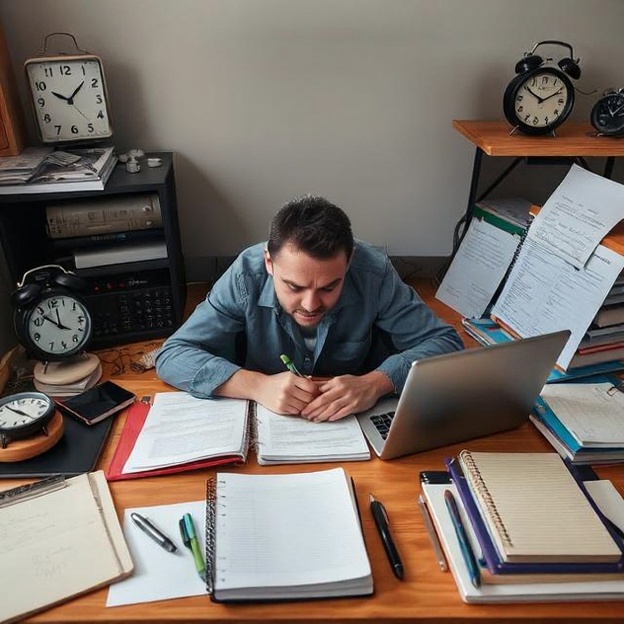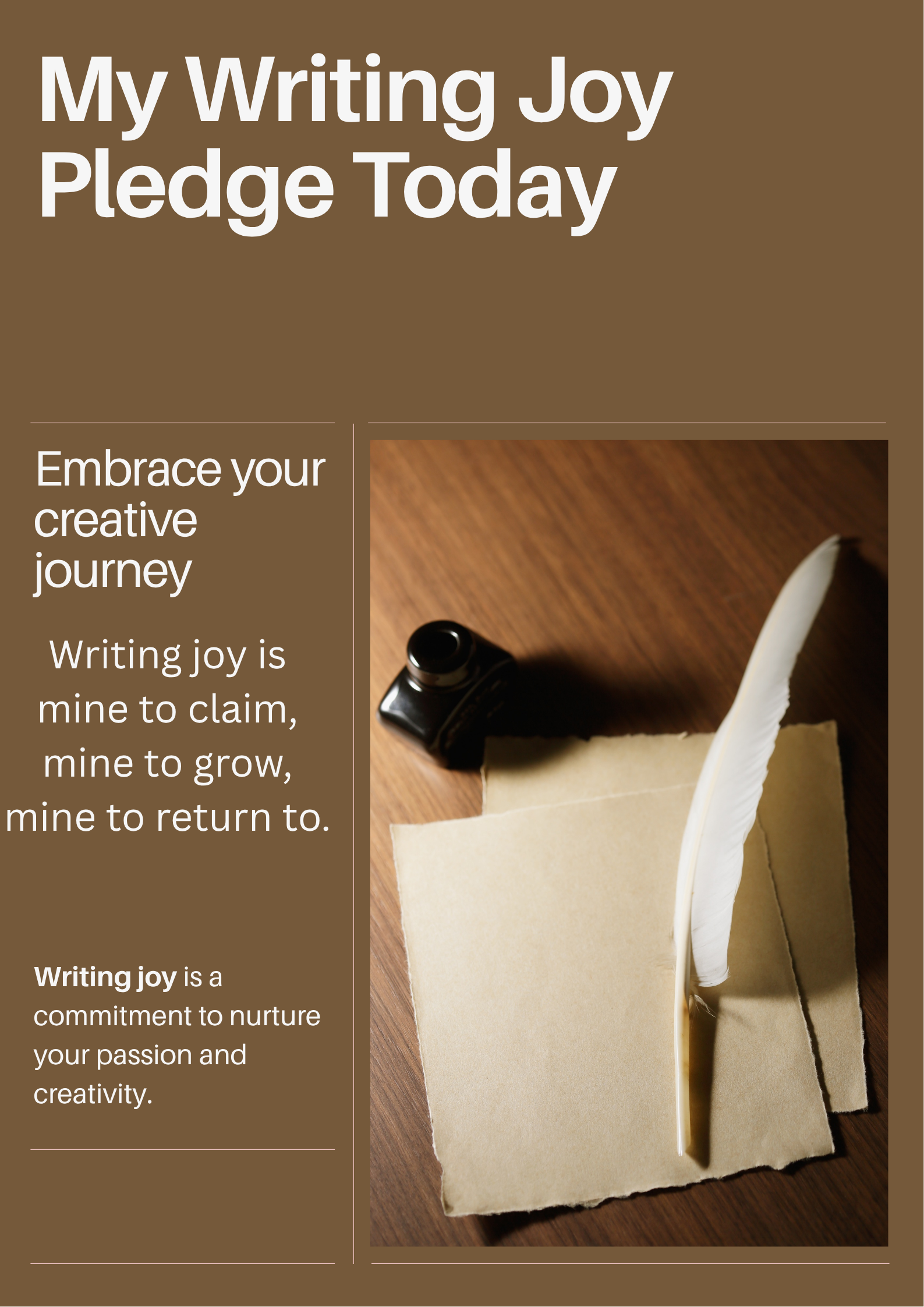
- Details
- Hits: 659
- Article Excerpt (Intro): Heartbreak in fiction doesn’t require death. Readers cry when they recognize truth, loss, and longing in a story. This guide explores how to craft emotionally resonant scenes using buildup, subtlety, and lingering impact, giving writers the tools to create unforgettable, heart-wrenching moments without resorting to tragedy.
Read more: 💔 How to Write the Scene That Breaks Readers’ Hearts (Without Killing Anyone)

- Details
- Hits: 803
- Article Excerpt (Intro): Writers are experts at “accidental” over-research. Learn how to spot the warning signs, pull yourself out, and still feel productive when curiosity takes over.
Read more: How to Escape a Research Rabbit Hole (And Still Feel Productive)

- Details
- Hits: 386
- Article Excerpt (Intro): All the timers, apps, and productivity hacks in the world won’t finish your book for you. Most “systems” just waste time and break your flow. Real progress comes from sitting down, focusing, and writing—messy drafts, interruptions, and all. Stop chasing hacks and start producing.
Read more: Your Writing Productivity Hacks Are Making You Slower
- Details
- Hits: 630
You’ve written a book (or two), maybe some short stories, and yet here you are again—staring at a blank page, the well of ideas feeling bone dry. Inspiration isn’t cooperating, and the usual tricks don’t seem to work. I know that place well.
One day, in the middle of my own creative drought, I found myself staring into a pantry filled with a hodgepodge of random shelf-stable food. No fresh ideas, but a bag of rice, a can of green beans, and a box of mac & cheese. It wasn’t much, but it was something. And from those humble, leftover ingredients, I cooked up a whole new story plot.
This article isn’t about magic solutions or forcing ideas. It’s about getting curious with what you already have—no matter how ordinary or uninspiring it might seem—and turning it into something unexpectedly rich.
Read more: How to Spark Story Ideas from Everyday Objects (Even Leftover Rice)
- Details
- Hits: 930
You Made Space for Joy — Now What?
If you’ve been following along with 5 Days to Embrace Your Writing Joy, you’ve done something powerful.
✅ You gave yourself permission to break the rules.
✅ You followed curiosity instead of perfection.
✅ You built a writing ritual that makes space for play.
This is the foundation of joyful writing.
But here’s the truth: writing joy isn’t something you “achieve” once. It’s something you return to — again and again — in small, personal ways.
Read more: Writing Joy Isn’t a Destination — It’s a Practice (Here’s How to Keep It Alive)







